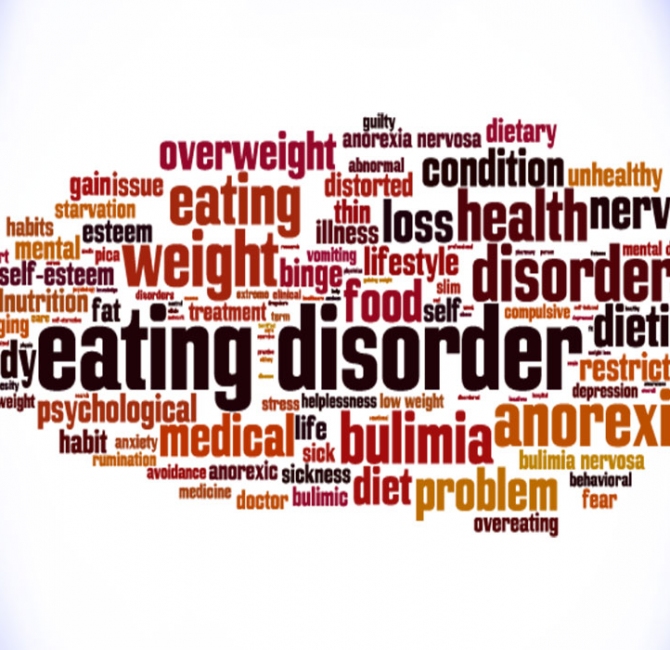Sleep deprivation is so common around the world that it’s often shrugged off, making people “comfortable” with functioning on minimal sleep. According to the South African Society of Sleep Medicine, about 30 to 40% of South African adults suffer from insomnia.
A previous Health24 article mentions that there is no magic amount of sleep, and that different sleep needs depend on various factors, such as age and personal basal need for sleep. However, on average, seven to eight hours is recommended to ensure the immune system doesn’t become compromised.
Sufficient sleep can boost the immune system
Sleep is critical to the immune system. Getting less than the recommended amount is not just detrimental to physical health, but brain health too. Sufficient sleep has been shown to boost the immune system, which can reduce chances of developing chronic illness.
A healthy immune system can fight off infection
Studies have shown that when completely deprived of sleep, the immune system is severely compromised, as reported in a 2017 study.
Another study monitored participants’ sleep patterns and found that those who were recorded as having less than five hours’ sleep per night had 4.5 times the risk of catching a cold, compared with those sleeping more than seven hours a night, according to the National Health Service (NHS).
Similarly, a University of California study also found people who sleep six hours a night or less are four times more likely to catch a cold when exposed to the virus, compared to those who manage more than seven hours a night.
Australian sleep specialist Olivia Arezzolo stated that adults should aim for seven to nine hours of sleep per night in order to battle coronavirus.
“Evidence shows that lack of sleep impairs immunity: Studies show a 70% reduction in natural immune cells after only four to five hours of sleep,” she told the publication.
“As a result, you aren’t able to fight off contagious viruses, such as corona, as effectively. Fortunately, this reduction is amended as soon as you have sufficient sleep (seven to nine hours).”
The bottom line is good, quality sleep is a natural immune booster and focusing on sleep habits is really one of the best ways to strengthen the immune system and fight off infection.
Slowing down
Feel like your health is deteriorating and your body is crashing? It might be that you’re losing at the sleep game and need to improve your sleep patterns. Here are some tips to sleep better at night:
- Stick to a regular bedtime, as much as you can.
- Avoid caffeine, alcohol and eating a couple of hours before going to bed.
- A bedroom that is aesthetically-pleasing, i.e. without clutter, will help create a more soothing environment and help you fall asleep faster.
- Limit your phone interaction time – bright light, particularly blue light from electronics and LED bulbs can disrupt your sleep.
Apart from sleep, stress, diet and exercise, basic hygiene are also crucial for ensuring a healthy immune system.
- Wash hands frequently and thoroughly with soap.
- Maintain a social distance of at least one metre between yourself and someone who is coughing or sneezing.
- Cover your mouth and nose with a bent elbow or a tissue when sneezing.



